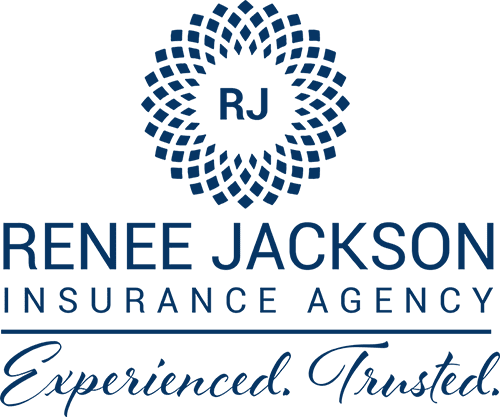
March marks an important observance for both financial and personal well-being—Credit Education Month. Understanding the nuances of credit and its influence on insurance premiums can empower you to make informed decisions, potentially leading to more favorable insurance rates and a stronger financial foundation.
The Role of Credit in Insurance
Credit plays a pivotal role in various aspects of our lives, from securing loans to determining the rates we pay for insurance. In the insurance world, particularly when it comes to auto and homeowners insurance, your credit score can significantly influence your insurance premiums. This practice, known as insurance scoring, is utilized by insurers to assess risk and determine the likelihood of a policyholder filing a claim. Studies and analyses have shown a correlation between specific credit characteristics and the propensity to file claims, leading insurers to incorporate credit scores into their rate-setting methodologies.
Understanding Insurance Scores
Insurance scores, though related to credit scores, are calculated differently. While credit scores assess your ability to repay borrowed money, insurance scores evaluate the risk of you filing an insurance claim. Factors that may affect your insurance score include your payment history, outstanding debt, credit history length, and types of credit in use. A higher insurance score indicates lower risk, translating into lower premiums.
Navigating Credit for Better Insurance Rates
Credit Education Month is the perfect time to delve into your credit report and understand the factors that may influence your insurance premiums. Here are actionable steps you can take to navigate your credit effectively:
- Review Your Credit Report: Start by obtaining a free copy of your credit report from each of the three major credit bureaus—Equifax, Experian, and TransUnion. Reviewing your credit report can help you spot any inaccuracies that could negatively affect your insurance score.
- Maintain On-Time Payments: Your payment history is critical to your credit score. Consistently paying your bills on time can positively impact your credit and, by extension, your insurance scores.
- Manage Your Debt Wisely: High levels of debt, especially relative to your credit limits, can lower your credit score. Work towards paying down outstanding balances and keeping your credit utilization low.
- Limit New Credit Inquiries: Each time you apply for credit, it can result in a hard inquiry, which may slightly lower your credit score. Limiting the number of new credit applications can help maintain or improve your credit score.
- Diversify Your Credit: A mix of credit types, such as revolving accounts (credit cards) and installment loans (auto loans, mortgages), can positively affect your credit score, showcasing your ability to manage different types of credit responsibly.
Insurance and Credit: A Synergistic Relationship
Understanding the synergy between credit and insurance underscores the importance of financial education and management. By improving your credit, you’re positioning yourself for better loan terms and credit opportunities and lowering your insurance premiums. This dual benefit highlights the value of credit education in safeguarding your financial health and optimizing your insurance costs.
Beyond Credit: Comprehensive Strategies for Lowering Insurance Premiums
While improving your credit is a vital strategy for reducing insurance costs, it’s not the only factor insurers consider. Diversifying your approach can lead to even more savings. Consider these additional strategies:
- Shop Around: Regularly compare insurance quotes from multiple providers to ensure you’re getting the best rate for your needs.
- Bundle Policies: Many insurers offer discounts for bundling multiple policies, such as auto and home insurance.
- Increase Deductibles: Opting for a higher deductible can lower your premium, but ensure it’s an amount you can comfortably afford in case of a claim.
- Leverage Discounts: Ask your insurer about discounts for which you may be eligible, such as safe driver discounts or home security system discounts.
Embracing Credit Education for Financial Wellness
As we observe Credit Education Month, let’s embrace the opportunity to deepen our understanding of credit and its far-reaching implications. By taking proactive steps to manage our credit wisely, we enhance our financial wellness and unlock potential savings in our insurance costs. As your local insurance agent, my commitment extends beyond providing insurance solutions; it’s about empowering you with knowledge and strategies to improve your financial health.
Remember, managing your credit effectively is a journey, not a destination. Continuous education, disciplined financial habits, and open communication with financial advisors and insurance agents can help you navigate this journey successfully. If you have any questions or concerns about your insurance score or want more information, please contact the Renee Jackson Insurance Agency team today!

